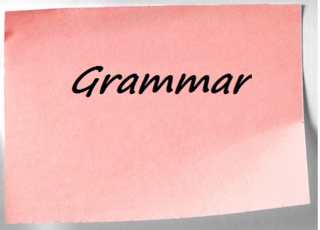When to use colons in a sentence
All too often,  colons are misused in writing. This punctuation mark is meant to signal readers that what follows is a proof or explanation of what came before it. For example, the following sentence requires a colon rather than a comma:
colons are misused in writing. This punctuation mark is meant to signal readers that what follows is a proof or explanation of what came before it. For example, the following sentence requires a colon rather than a comma:
Laura wanted to move for Los Angeles for three reasons: the great weather; the laid-back lifestyle; and all of the fun things to do there.
What appears after the colon explains why Laura wanted to move to Los Angeles. Note that semicolons are used to separate each reason after the colon.
The portion of the sentence appearing before the colon, however, must be a complete sentence. Of course, Laura wanted to move for Los Angeles for three reasons, is a complete sentence. If it were not a complete sentence, no colon is needed:
Laura wanted to move for Los Angeles because of the great weather, the laid-back lifestyle, and all of the fun things to do there.
Of course, Laura wanted to move for Los Angeles because of is not a complete sentence. Also note that commas rather than semicolons are used to separate each reason given.
An exception is introducing block quotes and bulleted lists, which often appear in newspapers, magazines and on website articles. To wit:
Laura wanted to move for Los Angeles for:
��� The great weather
��� The laid-back lifestyle
��� All of the fun things to do there
Note that in a bulleted list, semicolons, commas and periods are not needed at the end of each bulleted item. The exception is if each bulleted point is a complete sentence; then a period is needed.
Professional Book Editor: Having your novel, short story or nonfiction manuscript proofread or edited before submitting it can prove invaluable. In an economic climate where you face heavy competition, your writing needs a second eye to give you the edge. I can provide that second eye.
<A HREF="http://ws-na.amazon-adsystem.com/widg... Widgets</A>
Related articles
 How to properly use a semicolon (wink, wink)
How to properly use a semicolon (wink, wink) One or three? Nonetheless vs. none the less
One or three? Nonetheless vs. none the less A change in the text: Amend vs. emend
A change in the text: Amend vs. emend



